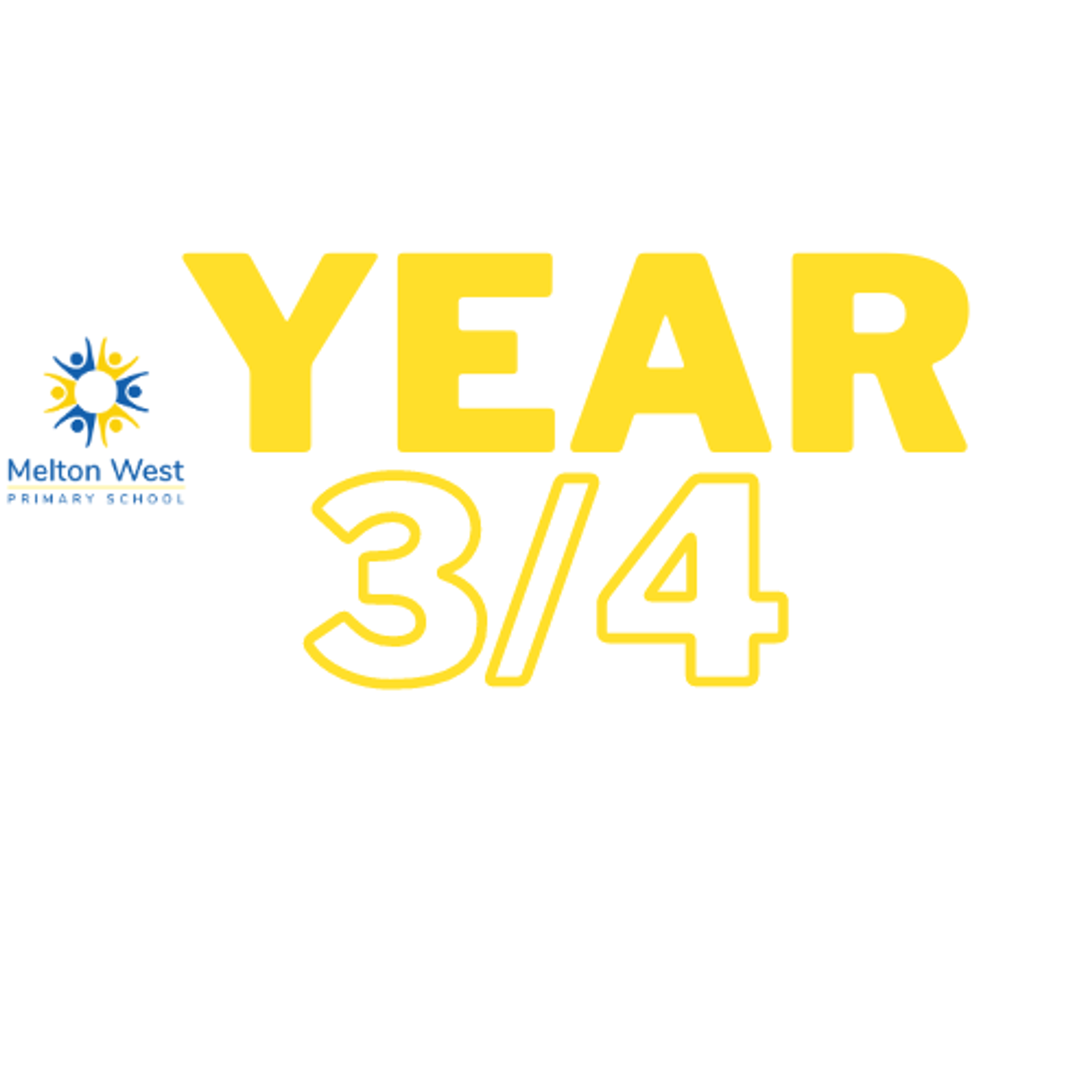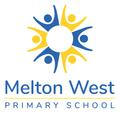Year 3/4 News

ENGLISH
Reading:
In Reading this term, Grade 3/4 students will be focusing on the comprehension skill of questioning. They will learn to ask and answer questions before, during, and after reading, helping them to make predictions, clarify meaning, and deepen their understanding of texts. Students will also continue to build their skills in summarising by identifying the main ideas and key details. Alongside this, they will explore the features and structure of fiction texts and enjoy regular opportunities to read independently and develop a love of reading through books of their own choice.
Writing:
This term in Writing, Grade 3/4 students will draw on their knowledge of nonfiction texts from last term’s Reading unit to create their own information reports. They will research a topic of interest using a variety of sources, including library books, websites, and existing reports. Students will then draft, revise, and publish their final pieces. Later in the term, they will shift their focus to procedural texts, learning how to clearly and logically explain how to do or make something. Alongside their writing projects, students will continue to develop their grammar skills. Building on their existing understanding of nouns and verbs, they will explore adjectives, adverbs (which will link nicely with procedural writing), and conjunctions to enhance their written work.
MATHEMATICS
This term our focus will be on Multiplication and Division, Algebra, Measurement and Geometry, and Statistics. Here’s a look at what’s ahead:
students will explore multiplication and division in a variety of meaningful ways. They will:
- Use visual strategies such as arrays, diagrams and number sentences to represent real-world problems.
- Develop a deep understanding of the relationship between multiplication and division.
- Estimate and check the reasonableness of their answers.
- Justify their problem-solving strategies using mathematical modelling.
In algebra and patterns, students will:
- Investigate and describe growing number patterns, using strategies like doubling and halving.
- Recall and become fluent with multiplication facts for 3, 4, 5, and 10.
- Apply known multiplication facts to develop the related division facts.
In Measurement and Geometry, students will identify and use metric units of mass to estimate, measure, and compare the weight of everyday objects. Students will also estimate and measure area using both informal (e.g. handprints, tiles) and formal units (square centimetres/metres) to compare the size of objects and surfaces.
In statistics, students will conduct guided statistical investigations by collecting, representing and interpreting data. They will create and compare different types of graphs, including those made using digital tools and analyse data in context, and answer questions using categorical (e.g. colours, types) and discrete numerical variables (e.g. number of pets, number of books).
INQUIRY
This term, students are learning about life in Australia between 1750 and 1800. They will explore the experiences and perspectives of Aboriginal and Torres Strait Islander Peoples and new arrivals during early colonisation.
Students will:
- Investigate the causes and consequences of colonisation.
- Ask historical questions and use evidence from the past to understand people’s experiences.
- Learn how to sequence events and life stories to identify what has changed and what has stayed the same over time.
- Compare different perspectives and understand why historical interpretations can differ.
Throughout the unit, students will use historical terms and sources to build their understanding of Australia’s early history and how it has shaped our present.
SCIENCE
This term the Grade 3/4 students will be studying the Earth and Space Sciences and learning about rocks, minerals and soils are important Earth resources and have observable properties that enable them to be used in a variety of ways through our new unit titled “Surface Change”.
Over the course of this unit, students learn how the surface of the earth changes over time due to weathering and erosion. Students get hands-on experience investigating and sorting rock and soil samples, and they investigate the role that we play in shaping how erosion happens. Students will zoom in on the tiniest crystals in a rock and zoom out as far as we can go, using Google Earth to visit extraordinary examples of geological change around the world.
LOTE – AUSLAN
Welcome to Term 3 Auslan! Students will learn about: – Food/Dinner, School Signs, Nature Walk, Auslan Structure, Conversation, Holiday – Planning & Packing, On Holidays, HOLM + NMF –Minimal Pairs (Orientation), Modern Technology and Revision.
These new lessons will show signs that are relevant to our daily lives and the things that
we do as families. We will also build on our previous learning, with ‘old’ and ‘new’ signs
coming together in lessons. Deaf Culture (conversation elements) and Auslan Structure (sign order) will provide information related to the theory and purpose of Auslan. In role play activities the 3/4 students will demonstrate good and poor conversation techniques with/for Deaf people. The revision lesson will involve a story, using many signs that we will learn this term, creating the challenge of ‘reading back’ the signs to understand the story. This will present as a challenge initially, however with experience, and ongoing exposure, the students will learn to read-back signs and determine the meaning. This will encourage the students, enabling them to increase their confidence in understanding others’ signs (Receptive), which can be a complex Auslan skill for young learners.
ART
The Year 3/4s are going to explore form and texture in Art this term. We will work with a range of sculptural mediums, including wire, sand, collage, clay and origami. Our creations will involve the use of skills such as beading, modelling and painting. Additionally, the students will collaborate on an artwork to be displayed in the Melton South community, as part of a construction beautification project.
Art activities will involve lots of discussion and investigation, as we discover creative possibilities in making two- and three-dimensional artworks. It has been wonderful to see the students’ confidence in the art room grow thus far, allowing their artistry and inventiveness to shine.
P.E.
This term, our Year 3/4 students will be developing their skills in basketball, focusing on dribbling, passing, shooting, and working effectively as a team. These skills will be practised through drills and modified games to help students build confidence and game awareness. Later in the term, we’ll move into tennis and badminton, where students will learn to strike with control and accuracy, improving their coordination and movement through game-based activities. Excitingly, some of our Year 3/4 students will also have the opportunity to represent our school in interschool sport competitions for basketball and athletics. This is a fantastic chance for students to demonstrate their skills, sportsmanship, and school pride. It’s set to be an action-packed term, and I’m looking forward to supporting all of our 3/4s as they continue to grow and shine in PE.
MUSIC
During term 3 in music, grade 3 and 4 students will be learning about themes from movies TV show and computer games. Students will be learning to play songs from movies TV shows and computer games. Students will be learning about different composers and how their music influences our emotions. Some examples of songs they will listen to learn to play ‘Mission Impossible theme’, ‘Harry Potter Hedwigs theme’, ‘Bluey’ ‘Star Wars’ and ‘Mario Brothers’. Students will also be learning to coordinate their hands on the keyboard and ukulele. Students will be learning the letter names of notes on the keyboard and ukulele and where to place their hands. Students will learn to use fingers of their hands to play the keyboard and ukulele. Students will also be learning to improvise and create soundtracks of their own.
